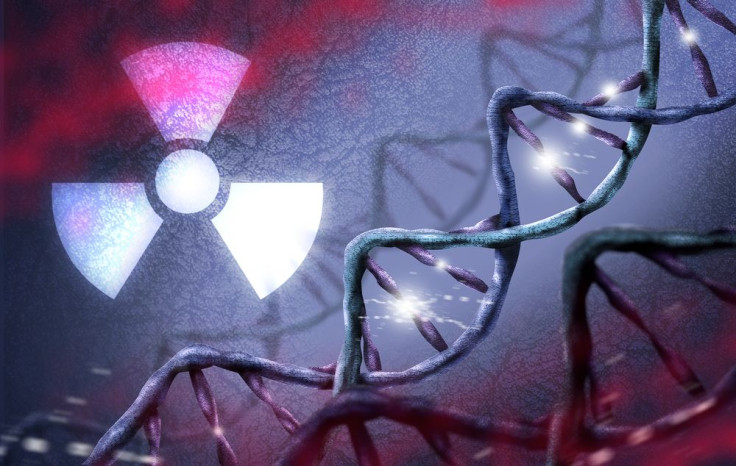Cancer Patients May Reduce Resistance to Radiation Therapy By Adding Immunotherapy

Radiation therapy, also known as radiotherapy, is a popular form of treatment for several different types of cancer. However, in certain cases, the cancerous cells that have infected the patient’s body develop a resistance to the radiation. A recent study conducted at the University of Manchester’s Manchester Cancer Research Centre has revealed that combining radiation with immunotherapy could stop cancer cells from becoming resistant to this therapy.
"Using the body's own defenses to treat cancers has huge potential with early phase clinical trials demonstrating exciting patient benefit, but we are still at the early stages of understanding how best to use these types of treatments,” Dr. Simon Dovedi, from the Manchester Cancer Research Centre, said in a statement. “Combining certain immunotherapies with radiotherapy could make them even more effective and we're now looking to test this in clinical trials to see just how much of a difference it could make."
Dovedi and his colleagues exposed mice with breast, skin, and bowel cancers to radiation therapy, immunotherapy, or a combination of the two. When immunotherapy and radiation were combined, both treatments were able to locate and kill cancerous cells that were spared by the initial radiation. Not only did the combination improve the mice’s chance of survival, but it also protected against the disease returning.
While radiation is designed to destroy or damage cancer cells via high-energy particles or waves, such as X-rays, gamma rays, electron beams, or protons, cancer cells that are not destroyed have a “flag” switched on known as PD-L1. These “flags” trick the body’s immune defenses into thinking cancer cells are not threatening. Immunotherapy can block these “flags” so the immune system can identify and kill the cancer cells.
"Around half of all cancer patients are given radiotherapy and it has been at the heart of helping improve survival rates so that today one in two cancer patients will survive for at least ten years,” said Professor Nic Jones, chief clinician at Cancer Research UK. “Doctors and researchers are constantly looking for ways to improve treatments and this approach could open the door to a whole new way of giving radiotherapy."
According to the American Cancer Society, immunotherapy utilizes certain parts of the patient’s own immune system to fend off cancerous cells. This is achieved by either stimulating the immune system to work harder or be smarter when attacking cancer cells or by giving the immune system extra components, like artificial immune proteins.
Source: Adlard A, Lipowska-Bhalla G, Dovedi S, et al. Acquired resistance to fractionated radiation therapy can be overcome by concurrent PD-L1 blockade. Cancer Research. 2014.



























